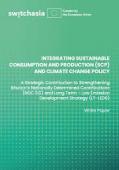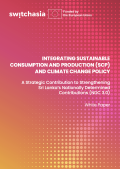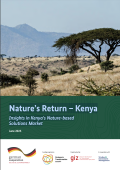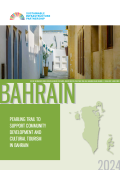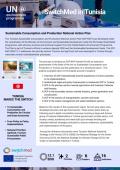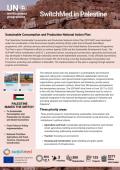
Tourism is the most important source of foreign exchange and foreign direct investment for many developing countries. However, the rapid growth in both international and domestic travel, the trends to travel farther and over shorter periods of time, and the preference given to energy-intensive transportation are increasing the non-renewable energy dependency of tourism, resulting in the sector’s contribution of 5% to global greenhouse gas (GHG) emissions UNEP, 2012
Greening the tourism sector allows tourism growth, environmental conservation and social well-being to be mutually reinforcing – with green tourism creating new, green jobs, supporting the local economy and reducing poverty.
Relevance to the SDGs
The Sustainable Development Goal (SDG) targets 8.9 and 12.b address sustainable tourism’s role in creating jobs and promoting local culture and products. Target 14.7 identifies the economic benefits of tourism for Small Islanded Developing States (SIDS) and least developed countries.
Explore green growth resources related to SDGs:
SDG 8.9
Sustainable Tourism SDG 14.7
Small Islanded Developing States
Investment and financing have an important role to play in supporting the transition to low-carbon, resource-efficient and socially-inclusive tourism development. Tourism is a cross-cutting industry with wide impacts on sectors including transport, buildings, agriculture, jobs, and trade. A wide range of green investment opportunities are available to address greater sustainability in tourism, including project financing for green buildings (particularly in energy efficiency), water management, waste management, energy-efficiency transition, biodiversity and cultural heritage. According to the OECD, while new investment and financing instruments do not need to be created for sustainable tourism, tourism projects need to be better connected with existing green financing instruments.
There is an increasing motivation for both the public and private sectors to invest in making tourism more sustainable, and the market for green bonds and other sources of green financing is expanding. The public sector can promote access to finance for sustainable tourism investment projects through grants and subsidized loans with environmental criteria, tailored supports for small tourism firms with sustainable project proposals and public credit guarantees. Devising risk-sharing mechanisms can foster private sector participation in the financing of sustainable tourism development to address the investment gap.




